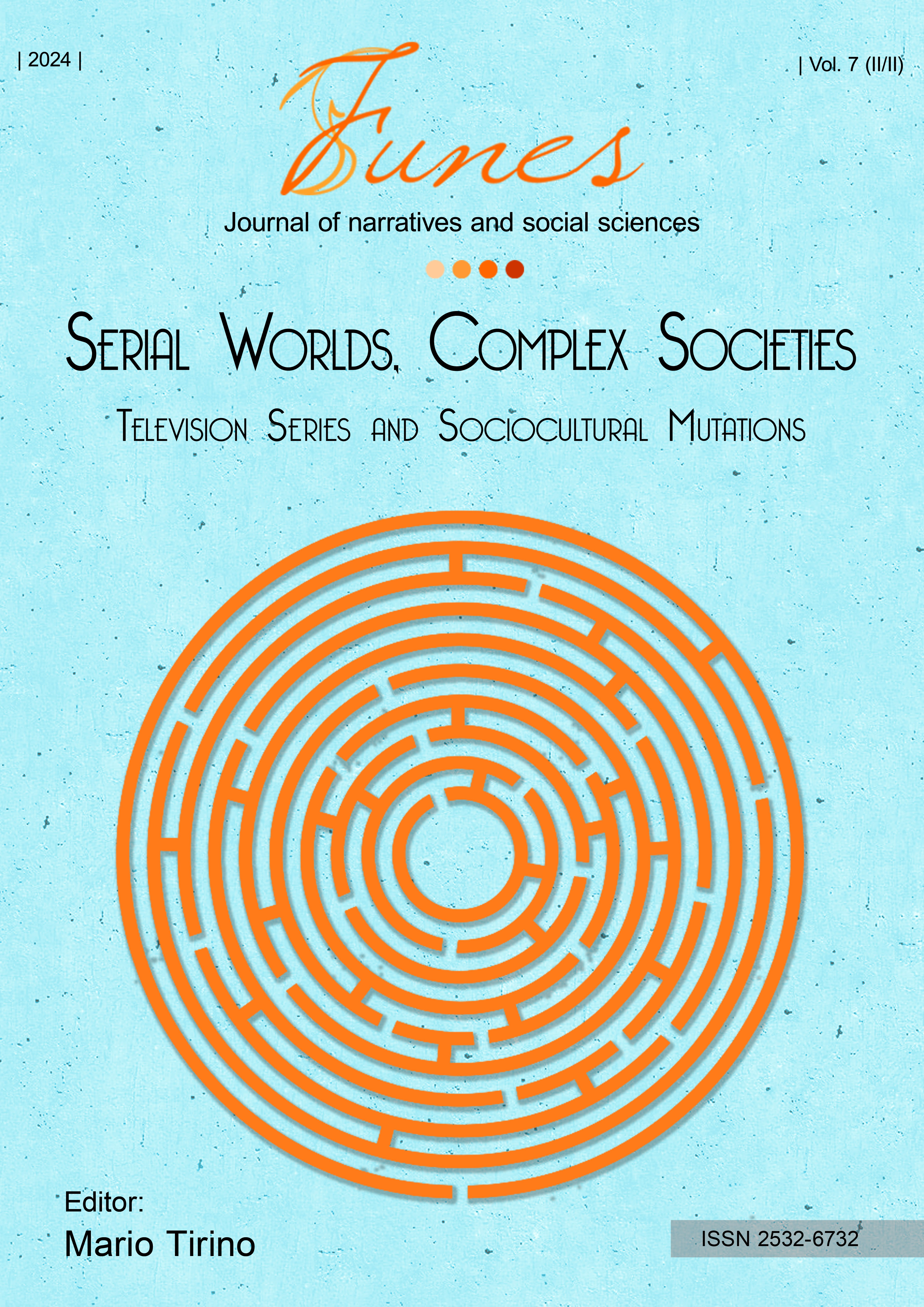Anatomia di Fauda. Serialità, realismo e trauma nella fiction televisiva israeliana
Abstract
Fauda, the Israeli serial drama, has garnered global recognition and acclaim for its realistic portrayal of life within the Israeli-Palestinian conflict. This article argues that realism in Fauda, as well as in contemporary Israeli television fiction more broadly, does not emerge as a response to an imperative necessity to comprehend reality. Rather, it is rooted in the creation of familiar, predictable, and ‘inhabitable’ universes aimed at invoking a sense of frequent déjà vu among viewers, both in terms of content and aesthetics. Essentially, what is construed as realistic aligns with prevailing collective imaginaries or offers a reassuring explanation for underlying collective traumas. The lack of disrupting or unsettling (unheimlich) elements in the Israeli serial drama unconsciously serves to perpetuate and consolidate on-screen/off-screen social traumas. Fredric Jameson’s dialectical approach, capable of linking external reality and narrative realism, will be the method adopted in this brief analysis.



